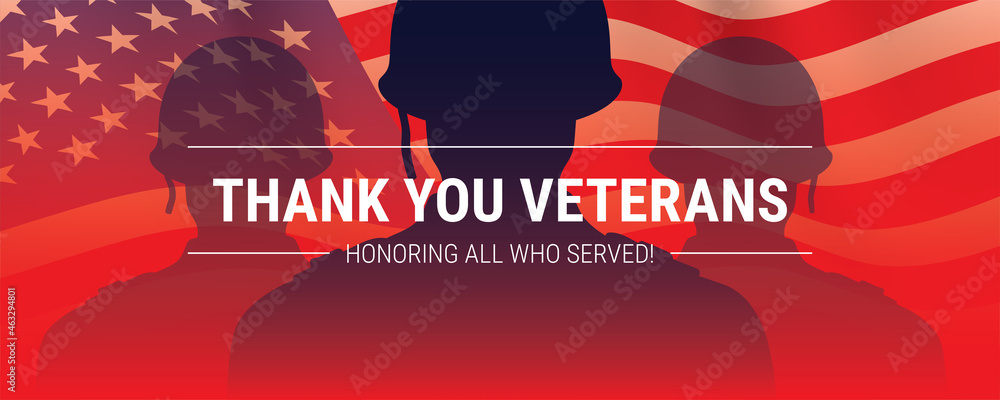
Introduction
Welcome to VeteransBenefitsHub.com! Today, we’re diving into a topic that often confuses veterans: VA lawyers and when you can use them. To help clarify this, we’ve brought on an expert, VA Lawyer, an accredited VA attorney.
Understanding VA Lawyers and Claims
Interviewer: Thanks for joining us today, Benjamin. Can you tell us a little about how veterans can navigate the VA claims process?
VA Lawyer: Thanks for having me. The VA claims process can be overwhelming and confusing. One of the most important things to understand is that medical evidence is at the core of most claims and appeals. If you want to learn more or need assistance,
When Can You Hire a VA Lawyer?
Interviewer: One common question we get from veterans is about hiring a VA lawyer right at the start of their claim. Can a veteran hire a lawyer as soon as they decide to file?
VA Lawyer: That’s a great question. Unfortunately, the answer is no. Veterans lose the right to hire a lawyer for initial claims when they leave the military. The VA system was set up this way to limit legal involvement early in the process.
However, once the VA has made a decision on your claim and you disagree with that decision, you can hire an attorney to represent you during the appeals process. This change was made with the Appeals Modernization Act of 2019, which allows veterans to hire an attorney as soon as the agency has issued an unfavorable decision.
Why Was the Law Changed?
Interviewer: What led to this change in the law allowing veterans to hire attorneys for appeals?
VA Lawyer: Historically, veterans couldn’t hire attorneys to handle their cases, even after receiving a denial. The Court of Appeals for Veterans Claims was established in 1988, and even then, veterans couldn’t hire attorneys until they filed a Notice of Disagreement.
In 2019, the Appeals Modernization Act allowed veterans to hire an attorney as soon as the VA built a case against them. The VA system has long been dominated by Veterans Service Organizations (VSOs), who fought hard to keep attorneys out of the process. Ironically, many cases where veterans finally achieved justice were those where attorneys got involved.
Comparing VSOs and VA Attorneys
Interviewer: How do VA attorneys differ from VSOs or CVSOs in helping veterans with their claims?
VA Lawyer: One of the biggest differences is fiduciary duty. A VSO or CVSO often works directly for the government or receives support from government resources. This can sometimes create a conflict of interest since they have a duty to both the veteran and the agency.
On the other hand, a private VA attorney works solely for the veteran and has a fiduciary duty to advocate for them without any conflicting obligations. This means that the attorney’s loyalty is always to the veteran, which can be crucial in complex cases involving Traumatic Brain Injury (TBI), Special Monthly Compensation (SMC), or mental health claims.
Is Self-Representation an Option?
Interviewer: Should veterans try to represent themselves before hiring an attorney?
VA Lawyer: It depends on the complexity of the case. Simple claims, like basic disability ratings, might be manageable without legal assistance. However, complex claims or cases involving multiple conditions can benefit from professional legal representation.
Additionally, it’s crucial to stay actively involved in your claim, regardless of whether you use a VSO, CVSO, or attorney. No one will care more about your case than you do. Understanding the process and gathering solid evidence are key to success.
Final Thoughts
Interviewer: What advice would you give to veterans who feel overwhelmed by the VA claims process?
VA Lawyer: Educate yourself as much as possible. Whether you decide to work with a VSO, CVSO, or attorney, your involvement and knowledge will significantly impact the outcome.
Conclusion
Navigating the VA claims process can be daunting, but understanding your rights and knowing when to hire an attorney can make all the difference. For more insights and assistance, visit Office of General Counsel or continue exploring helpful content here on VeteransBenefitsHub.com.
Stay informed, stay proactive, and never hesitate to reach out for support!
Disclaimer
The information provided in this article is for general informational purposes only and does not constitute legal advice. While we strive to provide accurate and up-to-date information, laws and regulations regarding veterans’ benefits and the VA claims process can change.
Consult a qualified VA-accredited attorney for personalized legal advice specific to your situation. Neither VeteransBenefitsHub.com nor the interviewee assumes any responsibility or liability for any decisions made based on the information presented.
For legal guidance regarding your specific VA claim or appeal, please seek assistance from a qualified legal professional.

